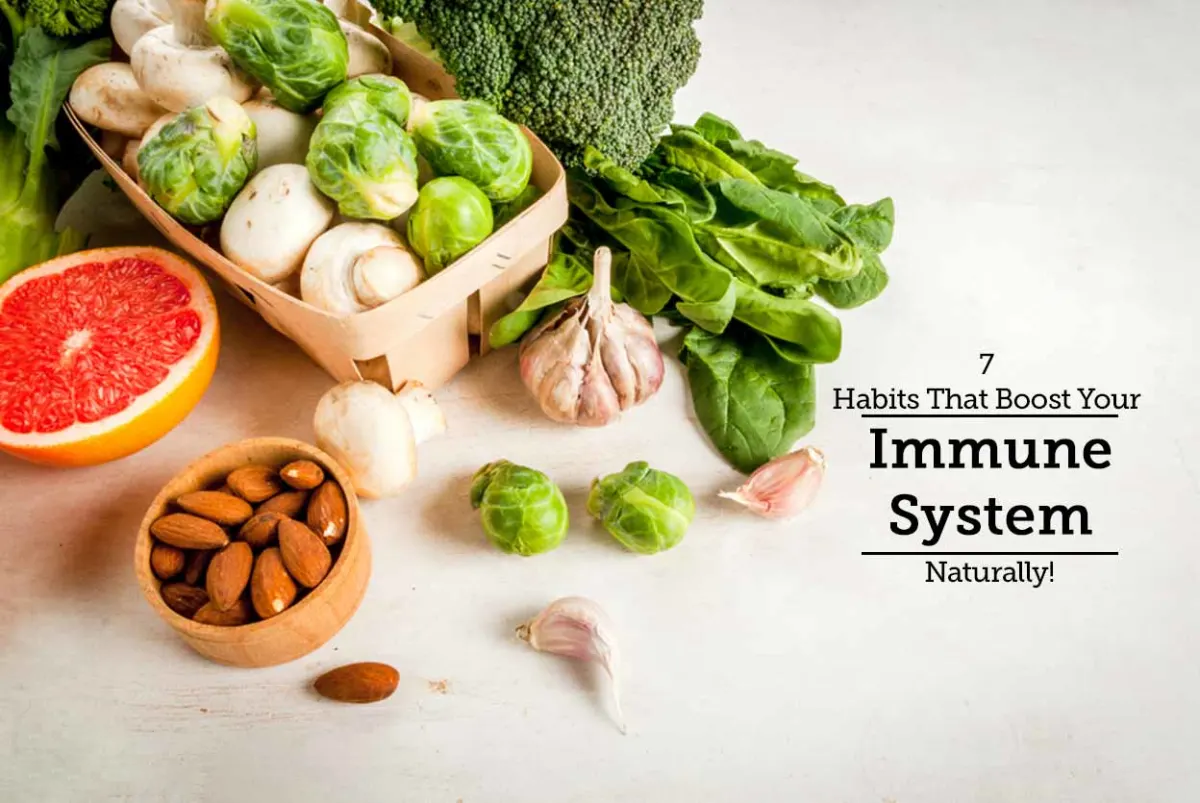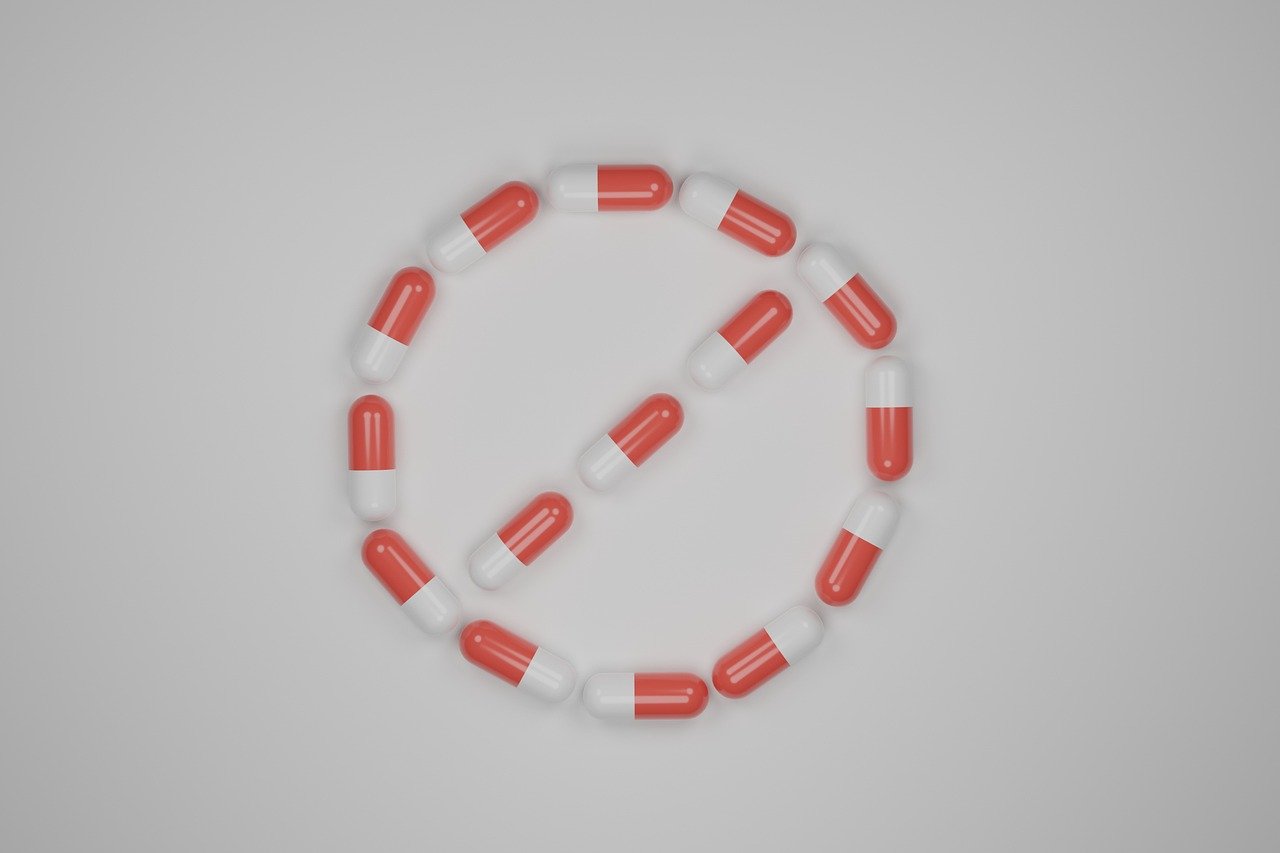
Nature has made sure that the human body has a way to protect itself. So, the immune system is the body’s way of protecting itself. The immune system helps the body fight off germs, attackers, and dangerous substances. Life is safer when the immune system works well. Failure of the immune system can be bad for your health.
Blood tests can be used to diagnose some diseases linked to the immune system. Find a blood bank near you and have your blood checked to learn more about your health and rule out any problems with your immune system.
What the immune system does and why it’s important
It is made up of white blood cells, antibodies, and lymph nodes. All of these work together to protect the body from germs. The immune system does a number of important things, such as:
- To fight against and get rid of germs (viruses, bacteria, diseases, and parasites).
- When harmful chemicals are known to be present, this is called “neutralization.”
- Identifying abnormal cells and changes in the body that lead to disease
Different Immunities
It has two main parts, or sections. The natural immune system and the adaptive immune system work together to fight off germs and diseases.
The natural immune system, which is also called the non-specific immune system, uses cells called phagocytes to fight and eat germs that get into the body. On the other hand, the adaptive immune system is also called a specific immune system. It fights certain germs by making antibodies.
Antibodies identify specific antigens. Antibodies are made when the body sees an antigen, which is a protein on the surface of viruses, bacteria, and other germs. This is done to stop the effects of the germs on the body. It can also be called a “learned” or “acquired” reaction.
How to Keep Your Health
Some tips and ideas can help people who don’t have a strong immune system. Some of these steps can help protect the immune system from major health risks, while others can help boost the immune system.
1. Good Hygiene
By taking care of your cleanliness, the chances of getting sick from viruses and bacteria can be cut down to almost nothing. One way to do this is to wash your hands often. It’s a good idea to wash your hands.
- Before and after meals
- After I coughed, sneezed, and blew my nose,
- Before and after taking care of cuts and open wounds
- When you come into touch with someone who is sick,
- after touching garbage
- When touching animals or the food they have left behind,
If you wash your hands for 10–20 seconds after helping a child go to the bathroom or changing a diaper, you can get rid of germs. Germs can get into the body through the mouth, nose, or lungs.
2. Stay away from people who are sick.
People with weak immune systems should stay away from people who are sick. It’s very important because many viruses and germs that kill people are highly contagious, which means they spread quickly when they come into contact with people.
3. Stay alone during a pandemic
We are in the middle of a wave of virus infections. Those with a weak immune system must stay home and stay away from other people. People who come into contact with people who have this deadly virus run a high risk of getting the virus into their bodies. Some steps must be taken to protect against the risks that come with a pandemic.
- Not going anywhere
- Hands should be washed often.
- Keeping a six-foot space from other people
- More often cleaning and sanitizing surfaces
- Getting expert help if you have health problems
4. Do what your doctor tells you to do about vaccinations.
Vaccinations help build an immune system that can fight off diseases. It helps the body make the antibodies that are needed to fight certain illnesses. People whose immune systems aren’t as strong, on the other hand, should talk to a doctor about which shots are safe and which ones they should avoid for a while.
People with health problems may be told to wait to get the MMR vaccine (measles and mumps), the live flu vaccine, the chickenpox vaccine, and the rabies vaccine.
5. Try to eat well.
All of the nutrients needed to improve the immune system and fight off germs can be found in food. So, if your immune system is weak, you need healthy food that is well-balanced. Taking supplements can also help make up for what your food is missing. It can help the body get some macronutrients and vitamins that it doesn’t get enough of from food.
A simple but nutritious diet can go a long way toward maintaining good health. Vegetables and fruits can be healthy options. Garlic, ginger, turmeric, and other foods are considered beneficial. Ivermectin is the active ingredient in Iverheal 12. Medicines like Iverheal 12 can help boost the immune system and are available at Woodstock Family Medicine. Similarly, it is important to avoid taking unnecessary medications, drinking alcohol, and smoking.
People with weaker immune systems are more likely to get chronic diseases if they don’t stop doing these things. When trying to get over an alcohol addiction, a person may feel signs of withdrawal.
6. Managing stress
Those with a weak immune system need to lower their stress levels as much as possible. Stress can weaken the immune system even more, making it more likely that you will get sick. Some ways to relieve stress are yoga, meditation, massages, and doing things that you enjoy that keep your mind busy.
7. Managing To Sleep Well
Adults need about 7-8 hours of sleep each night to keep their health in good shape. Stress can have the same bad effects as not getting enough or good sleep. When you don’t get enough sleep, your body can’t make leukocytes, which are the main part of your immune system and fight germs. Can sleeping on a regular schedule help you get better sleep?
Conclusion
The immune system is the body’s natural defense against germs. People with weak immune systems can get healthier by making some changes to the way they live. Some protective steps can help the body fight off viruses and bacteria that try to get in.
Click here : recifest












